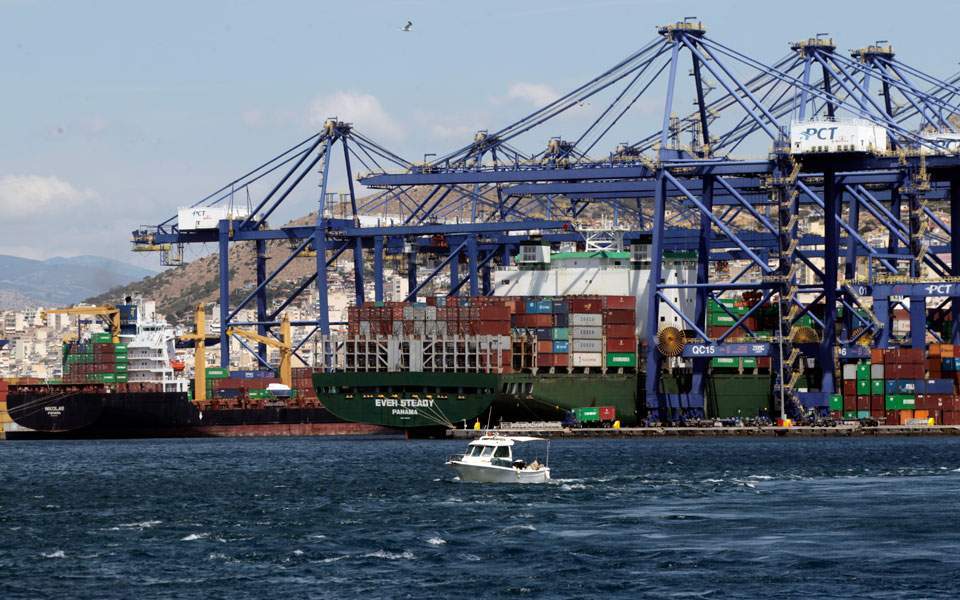The COVID-19 pandemic, beyond the public health crisis that it created, disrupted the supply chain internationally.
Ports were underfunctioning for a protracted period. Workers there were suspended, contracts were not executed, and therefore international transport was rocked by the pandemic.
The upset impacted on production as businesses in the first phase of the pandemic shock, in their effort to manage the repercussions of the decline of demand, reduced their output, which led to short-term supply problems.
As time went by and vaccine rollouts sped up, there was an effort to normalise production and international trade, but the accumulation of unexecuted orders increased demand in the transportation sector and freight charters.
In general, the cost of transport skyrocketed and that placed pressure on the prices of goods traded internationally.
That pressure, combined with many events attributed to climate change that were recorded over the last years in almost every area on the planet and took a toll, especially on food production, intensified inflationary pressures internationally.
Moreover, deflationary conditions lasted for nearly a decade in the global economy after the great financial crisis of 2008. That, for a protracted period, placed pressures on prices and wages and paved the way for a wage-price spiral.
It is no coincidence that distinguished economists acknowledge that a major problem over the last years has been the deepening of inequalities, which has resulted from the long, generalised depreciation of goods, services, and labour (especially unskilled).
The situation is different with investment capital – especially as regards new technologies – which is enjoying historically unprecedented profits, accompanied by great and largely supercilious glory, as evidenced by the developing plans of the world’s business moguls for inter-planetary tourist trips.
The issue for Greece is that these international inflationary pressures come at a time that the economy is recovering from a long crisis.
Any inflationary disruption could impede or limit the wave of rebirth and reconstruction of the country.
The government is well aware of the problem and has already taken certain initiatives, especially regarding the price of electricity, in order to check the chain of transferring inflationary expectations to the economy.
It hopes that this will be a fleeting phenomenon and that when pandemic conditions are normalised the inflationary wave can be checked.
Greece’s past experience, however, does not allow for great optimism.
It is certain that more initiatives will be needed, especially in the area of competitiveness. We cannot, due to the predominance of certain principles of freedom, return to a cycle of protectionism and price controls.
It is also impermissible to allow long-term, extremely tight wage controls.
The current framework, which almost forbids collective bargaining contracts, must not be perpetuated for long, because that in the medium term will lead to social tensions and clashes, which if they evolve and are exacerbated will certainly block any effort to achieve the rebirth and reorganisation of the Greek economy.
That means that it is mandatory for the government and the country’s productive forces, due to prevailing conditions, to find the golden mean, which in this case means a safe path toward achieving channels of communication and an understanding, so that the price of goods will not spin out of control and so that the level of wages will gradually reach its true value.





